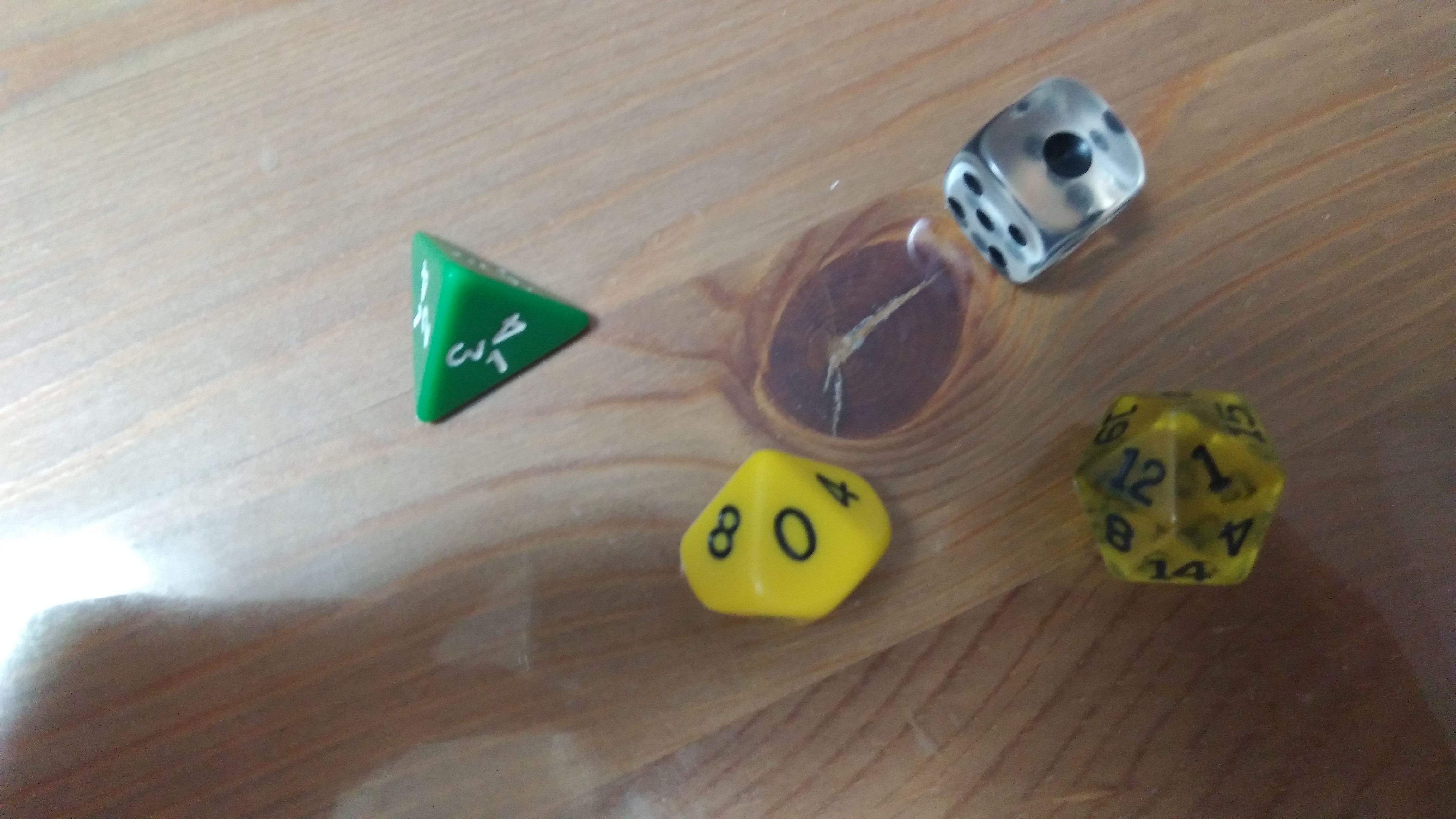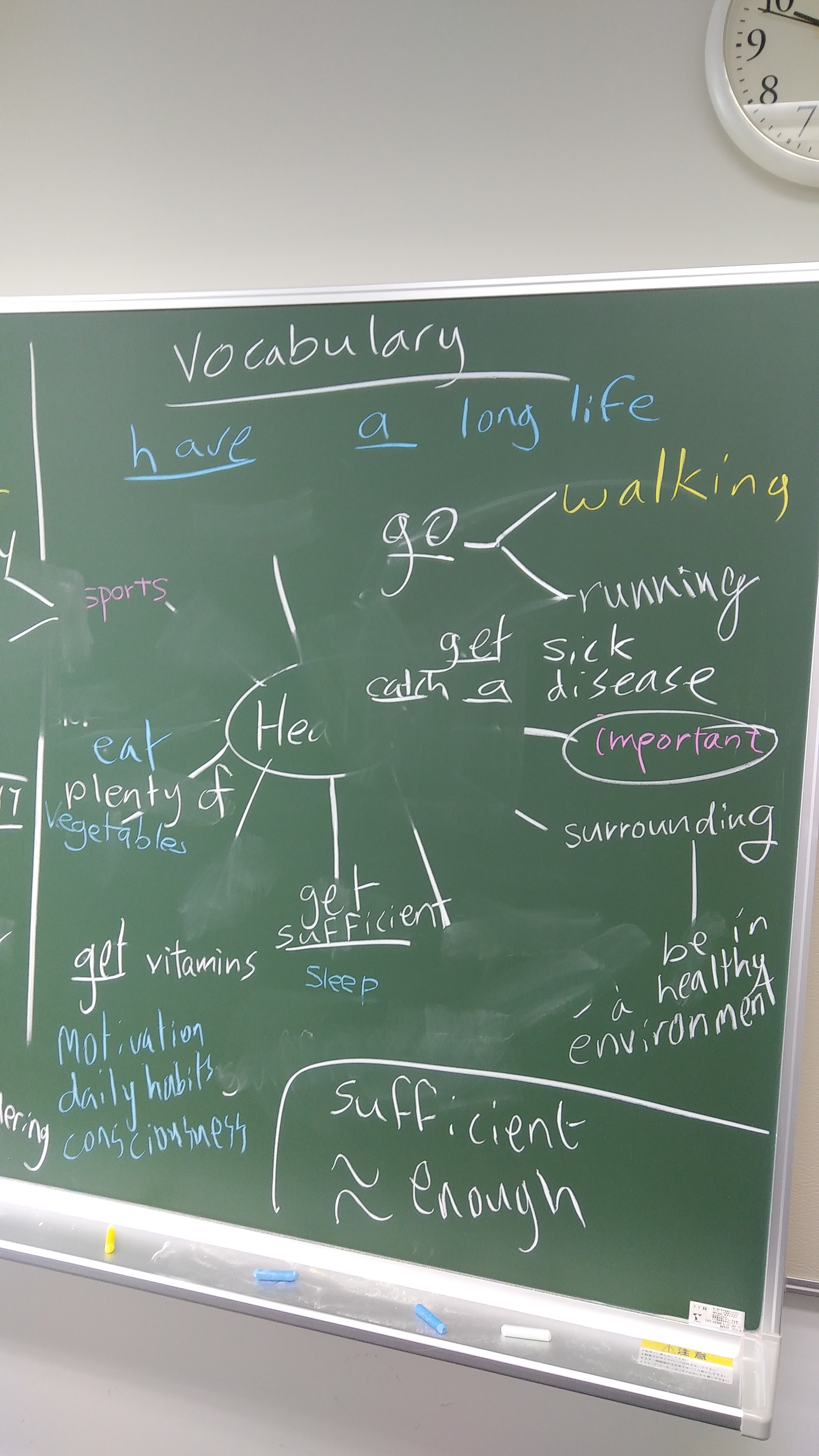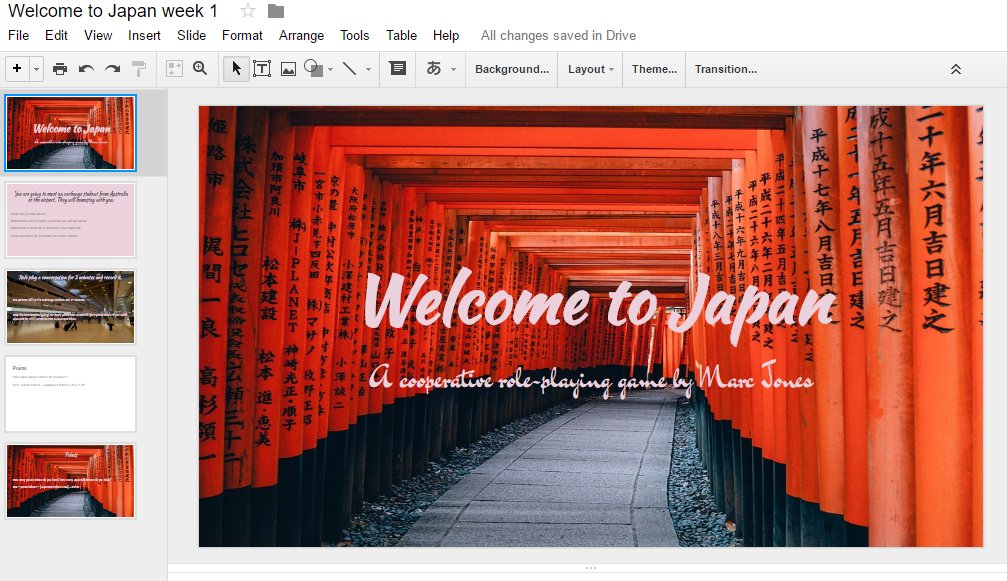
Research doesn’t affect anything except practice among some university teachers or a small number of school teachers. It does not affect materials to a degree significant enough to affect teachers’ general classroom practices. This is OK; those of us with lab coat envy can feel good about our principles while others can feel good about being in touch with teaching realities.
However slavishly you believe that you follow a method or approach, you’re probably following your interpretation of it rather than something the developer would regard as a practice they prescribed. This is fine because it is also informed by judgment of how the people in the classroom would respond to your methods.
We can talk ourselves blue in the face about IATEFL, but I have met approximately two members of that organisation in the time I have been teaching. For most teachers, IATEFL has as much bearing on our professional life as Paris Spring Collection has on the clothes sold in Topshop. You can choose to enthuse or dissent about points of view expressed there there but your enthusiasm or dissent is irrelevant to most teachers. It is your own, and it affects mainly your own practice.
Category: Reflection
The Personal Side of Evidence-Based Practice

“Evidence based”. It’s so trendy, it’s science-tastic, you the forensic teacher in CSI (Classroom Sciencey Instruction). How many research papers we have found Open Access, through Sci Hub or requests hashtagging #ICanHazPDF!
It’s not all about reading research. Sometimes it’s more about doing very small-scale research to see what happens. Sometimes using recording media, sometimes just paper and pens.
A lot has been written about Action Research by much better brains than me. Anyway, this is a guide to what I might do in a personal action research project.
Gather thoughts
Research for the sake of it is just making work for yourself. What might be better is having a think about what you’d like to understand more about in your classroom(s). Write it down, and keep asking yourself probing questions, for example:
What about this could be a problem?
Is there simply a difference in personal values?
What would do I think is happening? Is this ideal? Is it definitely true?
This is likely to make your findings more compelling to you because they’ll be less superficial and you will understand already what the connections may be to other aspects of your practice.
Design your evidence capture
How you gather your evidence depends upon your classroom and the people in it. You might ask learners to help, or not. You might track your movement, or not. You can use post-it notes to stick in places, on items, etc. You can tally things on paper. You can record yourself on video, audio, or even log your steps taken with a pedometer. What and how you capture it is an important thing and you want accuracy but also ease of use if you don’t have a team (or peer) to help.
Check it before you forget it
You need the time to check your gathered data. Can it be interpreted in more than one way? Which way has most significance for you? It’s likely to suggest further action/intervention or continuing the action you were already doing. If it’s something different, you might need time to prepare and read up on how to do this, or get advice from someone who already does it. Also, keep your information somewhere you can find it. If your new action gets challenged, you want to be able to say why you’re doing it.
More data
As you take your new action/intervention, you may want to write down what happens when you do it, both positive and negative. It may be that any information is not strongly suggestive of anything: rather than stop, give it time or tweak it according to your intuition but write down what you did differently. You might find that the first way was the best way (or not). You might find that this intervention is not as good as what happened before. This is fine, because at least you know that this does not work for me/this class/this situation.
Decide what happens next
This could be a repetition of the same cycle, it could be that you feel you’ve finished it, it could be a return to the status quo. Keep your findings, though. It might be grist for the mill if you or a colleague have a similar train of thought in the future.
"A crazy motherfu…"
I’ve had swearing on my mind lately, and not just because I’ve spent most of my summer holidays staring at a bloody computer screen. I’ve been reflecting on it a bit.
I like reading Jean-Marc Dewaele’s stuff, especially the papers about swearing. See, I love to swear. This is probably down to social awkwardness and/or the milieu I grew up in. According to the British National Corpus, ‘fuck’ is used more among males, the working class and the less educated. (McEnery & Xiao, 2004 cited in Dewaele, 2017).
I, I was thinking about two bits of language use in my classroom. One of my students submitted her learning journal with a diary with a quite incongruent use of “her [reference to student’s friend] fucking face”. The other has been my use of songs with “fuck” in them (Radiohead’s ‘Creep’ and I think it was a section of Jay-Z’s ‘Empire State of Mind’). All made me a bit squeamish.
I teach at a university but, what if students misuse swearing. Everyone seems to know “Fuck you!”, which in the Japanese context is almost a greeting, because it’s always kind of used like sarcastic “kirai” (“I hate you”) when somebody has had something slightly unwittingly derogatory said about them. But honestly, I’d hope they wouldn’t swear in a bar somewhere just in case they got their arse kicked or something. With songs, it seems like water off a duck’s back, and in hip hop, definitely part of the genre marking. So any smirks were about my possible discomfort in dealing with people who like Disney songs and who listen to songs by Austin Mahone about shagging all night in the context of ‘follow your passion’, which, you know, it could be.
Anyway, a couple of presentations on Eminem’s ‘Rap God’ and NWA’s ‘Straight Outta Compton’ passed over without event or sniggering. But, and I’m about to get to the real point now, should we be teaching swearing/emotional language? It could be incidental – “Bloody air conditioner!” or such, along with a contextual note or something. It just feels like we hide bits of the language from students. They see “fuck”. My junior high students know a lot of extremely shocking sexual words (it’s a boy’s school- bravado). But if there’s never any chance for practicing in context, at learner request or a recognition of need, then surely we’re leading them into a situation where they won’t know bugger all about how to respond, let alone whether their own effing and blinding is called for, weird, or outrageous.
Reference
Dewaele, J-M (2017) “Cunt” : On the perception and handling of verbal dynamite by L1 and LX users of English. Multilingua: Journal of Cross-Cultural and Interlanguage Communication. Doi: 10.1515/multi-2017-0013
Shoe on the other foot

I’m no longer absolutely strapped for time so I’m back in ‘I am actively learning Japanese’ mode. There’s a standardised test in December that would be kind of useful to have for jobhunting and stuff. It would also be nice to know I’m being sort of clear.
I’m also taking all of my own advice. I am using monolingual dictionaries (because it’s appropriate to my level), using corpora, reading books again, and listening to radio programmes. I am also taking notes and looking at them.
No lessons. At least not yet. I don’t want to be *that* picky student but I wonder if I would be. I might call up my old Japanese teacher for a crash course before the school term starts again. I just hope that I don’t end up being annoying.
Here be (Dungeons and) Dragons 9

Fin de siecle
At the University of Outside Tokyo my English repeaters have just finished their first RPG. It has, at times, been immensely frustrating due to my own idealism. Surely everyone would love to attend an English course for university if it were structured as a Role-Playing Game! It does not quite work like that, and despite a large improvement in attendance, it appears that I am likely to have students who fail due to lack of work through non-attendance.
I am assessing the course based on participation and quality interaction in the lessons, as well as through a reflective portfolio where students analyse the problems in their roleplays and identify root causes and potential solutions.
However, those that came showed great positivity despite not feeling fond of communicating using English. This is my reward, after dreaming up scenarios, some richer than others, for my students to roleplay through and cast D20s upon.
I am assessing the course based on participation and quality interaction in the lessons, as well as through a reflective portfolio where students analyse the problems in their roleplays and identify root causes and potential solutions. This is done by using recordings to assist in recall. It is essentially cribbed and adapted from James York’s Kotoba Rollers framework. Mostly the portfolios are OK with flashes of brilliant insight. The last class today as used as a portfolio workshop for my students to complete their portfolios. As they worked, the appearance and reappearance of eureka expressions on their faces were my reward. And it is these eureka moments that I hope the students remember, rather than brightly-colored, odd-shaped dice.
Read Here be (Dungeons and) Dragons previous ‘chapters’: 1, 2, 3, 4, 5, 6, 7, 8
Here be (Dungeons and) Dragons 8

We’re almost near the end of the first term of my RPG classes and I’m already looking forward to the summative assessment. This is because the students at Ladies’ College of Suburban Tokyo are amazingly motivated for the most part and because the students at University of Outside Tokyo are repeaters who had to retake English Communication, and have shown a great deal of motivation, too, or at least the students who come regularly. My supervising professor at UOT has told me that if one third of the students pass, then that ought to be seen as a success. As it stands, we should be on for 4 definites, 5 probables and 3 unlikelies. At LCST, all the students should pass because everyone does the work, even if it is not always amazing it is always done.
I managed to ask some of the students at UOT the other day if they actually like the course as a game and they said yes. (Of course, they did. They won’t tell you it’s crap because you grade them, Marc.)
What negatives I did get were that one student said he didn’t like recording himself because it was a pain in the arse; however, this student also finds attendance a pain in the arse, too. My most regular attendee said recordings were difficult to manage. This is why I told him to make sure he kept a copy and also sent a copy to me.
Anyway, long story short: still loving it, waiting to see portfolios, deal with the recordings.
I am also giving a workshop on this at JALT Saitama’s Nakasendo conference on Sunday. I have presented before but never run a workshop for more than six teachers at once before. If you read this say hello!
Read Here be (Dungeons and) Dragons previous ‘chapters’: 1, 2, 3, 4, 5, 6, 7
Learner Autonomy ought to be Awesome not Anomie
Ooh, Marc. Your classes always look like you give your students loads of freedom.
Yes, it does look that way but sometimes I still feel like I’m spoonfeeding. So today, I ditched my plan and tried an experiment.
To prepare for a discussion on health. I set stations that the learners would practice at.
- Vocabulary brainstorming at the board.
- Discussion planning.
- Fluency practice.
- Reading.
- Mini-discussion practice.
I suspected that the learners would just pick out single words. I later elicited collocations.

Or functional language planning. What can you say to open a discussion, control a discussion, agree, disagree politely, change the subject and end the discussion. Not amazing.
Teacher led choral, response drills, function drills. Popular with the learners but not my bag. Useful to an extent.
Read the handout then discuss it. Response task on the back. Reading has a gloss and few if any ‘hard’ words.
Set a task (actually part of the exit task). The post-task was to report to me three best balances of nutrition and taste for the discussion.
How did it go?
Well, I’d be lying if I said everything was amazing. The vocabulary was very successful with my morning classes, and OK with the afternoon class. The reading was basically spot on and the mini discussions went well. The discussion planning kind of sucked a bit. Some learners took over and derailed the activity and it took a while to get back on track.
All in all, not bad, though. I’ll probably try something similar again but I definitely want to tweak the language planning, perhaps with a handout. But that takes the autonomy away.
Here Be (Dungeons and) Dragons: 7
Back to the Campaign

I’m not satisfied with the RPG courses at the moment but I can see what it is that I want. I want to be able to just put everything in place like I have five years experience of RPGs rather than feeling my way blind.
So what would I do with all my unearned experience? Well, I think I would like to delegate some of the Dungeon Master responsibilities to the students. Learner Autonomy is a good thing. The only problem is only about a handful are capable of putting together a scenario and scoring. Because Japan is a groupist culture, this means I would run the risk of putting noses out of joint.
Another thing that I hadn’t thought through properly is item functions. The class at UOT has won some items but LCST has had no items in the game, yet. I was considering using these items to fiddle the game and let conscientious learners get high scores but in all honesty all the students are conscientious enough to keep me happy. Still, a few things could make it more interesting.
So what I am going to do is add items in the next few stages and have clear benefits to them.
I will ask of anyone wants Dungeon Master homework. I might even make a tutorial video about using Google Slides, too.
Read Here be (Dungeons and) Dragons previous ‘chapters’: 1, 2, 3, 4, 5, 6
Here be (Dungeons and) Dragons 6: Interlude

Interlude, or stopping the game and assessing.
Who’s assessing?
Well, funny you should say that. At Ladies College of Suburban Tokyo (LCST) I went around two classes of twenty odd, checking portfolios in progress while the students planned repeat tasks. I assigned them to re-record the most difficult task of the last 4 weeks, listen to the new one, listen to the previous one and judge which is better and how or why? Also, it gives a chance to see what still needs to be done. These students are a bit more savvy with academic skills as well as IT, and I don’t have access to a CALL room so I didn’t run a lesson on PowerPoint and OneNote or Google Apps to collate work.
The students’ work outside class has been a good mix of practice with elllo.org and dreamreader.net but also a lot of indiscriminate grammar drills from high-school textbooks, despite my urge to study grammar from graded readers, listening or something with a lot of context or cotext.
At University Outside Tokyo (UOT), I had more students than usual after a prompt of “come to class or face failing again”. Some students were savvy, others not so. I showed how to use PowerPoint to gather pictures and annotate them for vocabulary and how to drag and drop multimedia files. I was hoping this would take about 50 minutes but young people in Japan, while mobile literate are sometimes not very computer literate. They’ll redo tasks at the start of the next lesson.
At least I know now what the demands are, how much time it takes me to get around everyone to give feedback and the students know to make better use of grammar drills and such.
Read Here be (Dungeons and) Dragons previous ‘chapters’: 1, 2, 3, 4, 5
Here be (Dungeons and) Dragons 5
The crap lesson
This week at LCST the task was to ask which metro station a sightseeing spot is near. Unfortunately the lesson wasn’t very good. The first steps of the task were very poor. It wasn’t helped by assuming students would be able to just ask where a foreign place is. The complexity of the task needed to be thought about first.
I suppose this needs to be key in task design. Perhaps a task design process should be considered. A preliminary idea is:
Task Design Process
-
Idea
-
What language functions are necessary?
-
What different skills are needed?
-
What is likely to occur?
-
What can be done to scaffold to enable best-case scenarios?
-
Review
-
Check what could go wrong at each step.
So, anyway, after a focus on form on questions and longer answers, I’d say the task was finally done well, but I’ll check over everything so far in next week’s review lesson.
Read Here be (Dungeons and) Dragons previous ‘chapters’: 1, 2, 3, 4
Read the future chapters 6